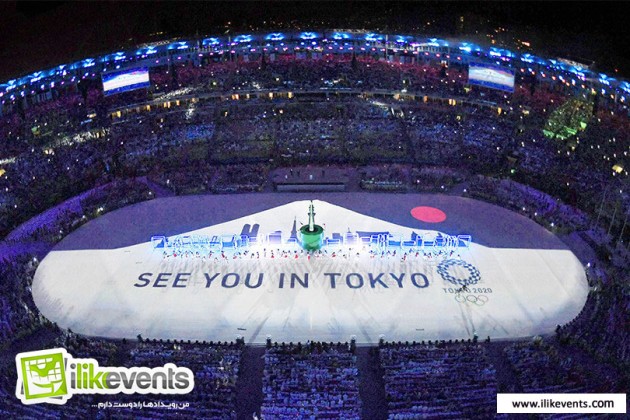
Tokyo-Olympics-2020
As przegladsportowy.pl revealed, compared to the previous format, the FIVB has changed the order of qualification tournaments by the importance for the 2020 Tokyo Olympics. The most important will be the World Qualification Tournament which will be played at the beginning of 2019 (three best teams will secure their berth). Then, comes the Intercontinental Qualification Tournament in the summer of 2019 (three spots) and finally, five continental championships. In addition to the hosts Japan, we have a total number of 12 national teams to compete in Tokyo 2020. The new FIVB qualification system still needs to be approved by the International Olympic Committee (IOC) but it is only a matter of formality.
So far, the order of the Olympic qualification system was this: the FIVB World Cup (two spots), five continental qualifiers (winners), the 1st World Qualifier (three spots) and 2nd World Qualifier (one spot). One spot was for the Olympic Games hosts.
The biggest change in the new qualification system is giving the importance to the continental championships (which European Volleyball Confederation – CEV requested from the FIVB in March 2016), expansion of the entire qualification process which will bring even more matches in the international calendar and marginalization of the World Cup.
The FIVB ranking also becomes highly important because it will determine the participants in the qualification tournaments – the World Qualification Tournament will consist of 12 teams (hosts who are yet to be determined, the 2018 FIVB World Championship winners and best 10 teams from each continental federation), while the Intercontinental Qualification Tournament will consist of the best 12 teams from the FIVB ranking (without teams that secured their berth in the previous tournament).
Subscribe to have full access to WoV PROFILES, STATS, and WoVVIDEO.
Receive email notifications about players’ or teams’ latest STATS and VIDEOS.
Discover what’s new in a volleyball world.
0 comment
The Polish web site does not say ‘INTERNATIONAL Qualification Tournament’, but ‘INTERCONTINENTAL Qualification Tournament’.
Even so, ‘World Qualification Tournament’ and ‘International/Intercontinental Qualification Tournament’ mean exactly the same thing linguistically! Is FIVB’s English so bad???
Anyway, it sounds very messy and will make The World Cup mean nothing, since it is cancelled as a qualification criterion.
Are those people in the leadership of FIVB sane?
Re: @Sorin Acela
In future would you please READ the article properly before you criticize. The European Championship comes at the end of all qualification tournaments for the Olympic Games, and 2017 European champions (Russia) did not secure their place in the Olympic Games. The 2019 European champions will. As for the INTERNATIONAL instead of INTERCONTINENTAL, we corrected it, but it is not such a dramatic mistake as you represented it. Simply an error in typing. Cheers!
OGs were very useful for a promotion of the volleyball in all over the world due to of TV coverage in the past. It was only one world event which was regularly broadcast – unlike World Championships, WCups etc.. The situation in OG had started to worsen and change in 1980s. Politics had began to tamper and influence OGs more than with any other sport events..
The introduction of Internet has had an impact on the sport. Top volleyball events has become available to fans. OGs has lost exclusivity… (Yet OG Rio 2016 was movement backwards as far as Internet ).. OG is the business first of all.. It is obvious that importance of OG is artificially exaggerated…
The effort of FIVB for OGs seems to be a support of all continents – a territorial principle, combined with second one – with quality.. To find a balance between them is however often a real problem.. (Compare different approach of the ice hockey and a soccer towards OG – the sports which are financially independent, moreover tries to avoid of some negative procedures on OGs ).
World Championships are much more open, transparent for a world volleyball community then OG, so that a trend should be to focus more on them, including on own sponsorships as other team sports do..